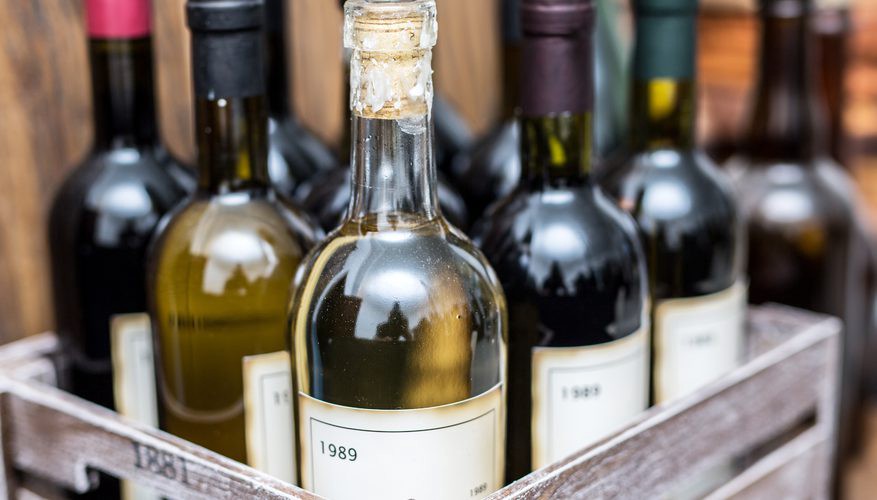
5 Important Safety Guidelines to Preserve Bottled Drinks
Bottled drinks consumption is a controversial issue due to public health concerns that arise due to the use of preservatives. A preservative is a compound that is used to increase the shelf life of any food. When it comes to bottled drinks, preservatives are used to preserve the taste and flavor too along with the increase in shelf life.
Today consumers are rejecting bottled drinks due to chemically sound names of preservatives used to preserve them. Fresh juices and drinks can be stored in upright fridges uk for a day or two. But for long-term storage, preservatives are necessary. Follow the important safety guidelines when you are preserving bottled drinks. These guidelines will help you to choose the right preservative as given below.
Use of Salts as Beverage Preservatives
Salts are compounds that consist of cations and anions. They can preserve bottled drinks for a long time. They kill microorganisms effectively by drawing water out of them. Several salts work as beverage preservatives i.e., sodium benzoate and sodium polyphosphate. Sodium benzoate is benzoic acid’s sodium salt. When it is dissolved in drinks, sodium removes water from the microbial cell while benzoic acid lowers the pH.
Sodium polyphosphate is also used to preserve bottled drinks. Polyphosphates reduce the availability of vital nutrients to microorganisms causing the microbial cell to die. These salts are often used to preserve bottled drinks. Follow the safety guidelines while preserving drinks.
Use of Artificial Preservatives
The most prevalent and popular preservatives of the last century are artificial preservatives. There are many benefits of using artificial preservatives. They are easy to use. Moreover, they were considered safe initially when they were introduced. They are still used in beverage preservation across the world.
But with the advancement in the field of science, artificial preservative usage is being studied. Studies proved that artificial preservatives could harm not only microbes but nutrients too. That’s why safety guidelines should be followed while preserving bottled drinks and the use of artificial preservatives should be avoided.
Increase Use of Natural Preservatives
Natural preservatives are a healthier alternative to artificial preservatives. It’s time to adopt natural preservatives and to follow safety guidelines to preserve bottled drinks. Movements to increase the use of natural preservatives are also growing day by day. Natural or nature-based preservatives are tailor-made products that ensure natural preservative action.
Natural preservatives also provide you a natural solution to control the degradation of microbes. Companies also provide you natural preservatives according to your requirements or how long you want to preserve your bottled drinks. 100% natural fruit-based drinks can be preserved even for six months or more. Nature-based preservatives are equally functional as artificial preservatives.
Use of Vinegar for Beverage Preservation
Vinegar naturally assists the preservation of bottled drinks. Apple cider vinegar (ACV) is considered as drinking vinegar. Apple cider vinegar is produced through the fermentation process. It is a two-step process. First yeast turns the sugar into alcohol, then alcohol is converted into acetic acid by bacteria. Acetic acid is a sour component that possesses preservative properties.
Nowadays, organic apple cider vinegar is trending and used to preserve bottled drinks. With the layering of flavors, beverages are also getting more complex with time. ACV is used as part of the beverage mix. It gives the bottled drinks some zing like vodka or gin.
Use of Acids That are More Hydrophobic
Acids that are hydrophobic can kill microbes effectively. Due to their effective antimicrobial properties, they can be used to preserve bottled drinks. The wall of microbial cells is normally consisting of lipid material that’s why hydrophobicity is important. Organic hydrophobic acids interact with the lipid material and degrade the microbial activity.
When using hydrophobic acids, do follow the safety guidelines to ensure the safety of bottled drinks and valuable life too.
